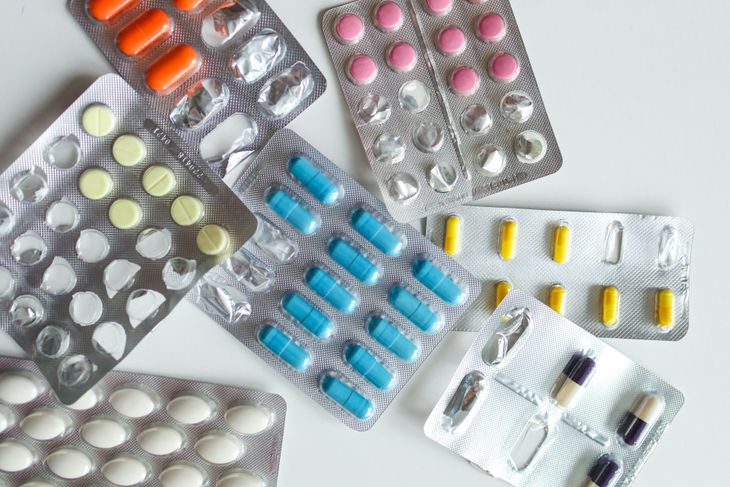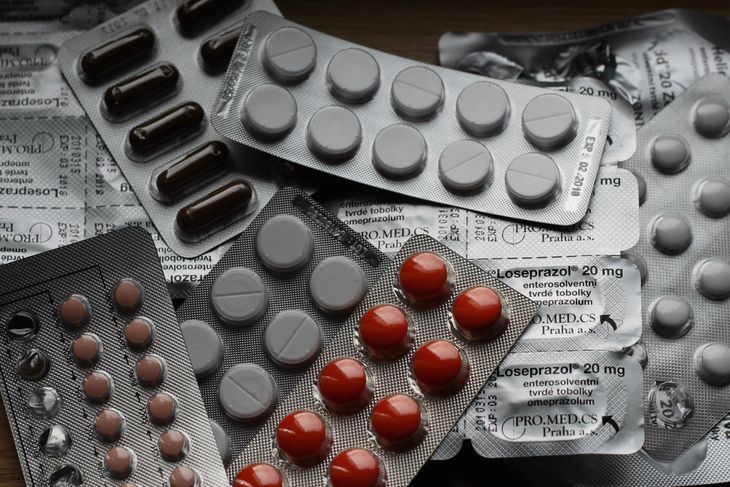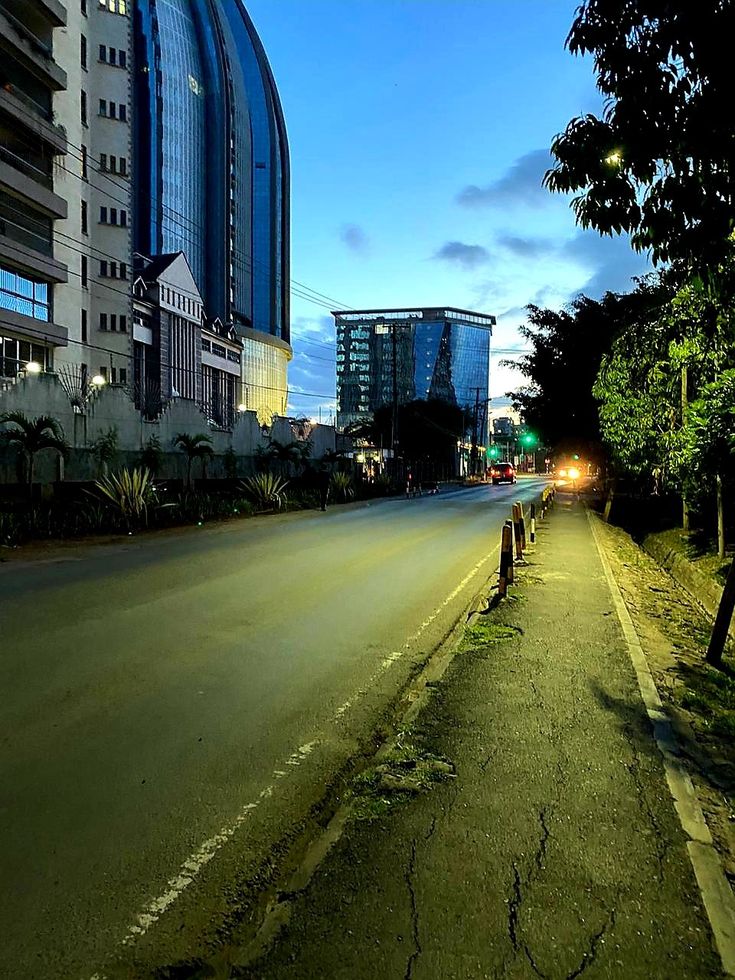Manufacturing essential API for Africa
to fight the COVID-19 crises, and beyond.
Manufacturing essential API for Africa
The project's aim is to initiate the production of a select number of APIs to strengthen the supply of drugs needed to combat the rapidly spreading global COVID-19 pandemic in Sub-Saharan Africa. The API plants will produce non-potent and non-sensitizing APIs for high-volume drugs on the essential medicine list.
The COVID-19 health emergency has shed light on a long-known challenge with respect to supply of health commodities in Sub-Saharan Africa: the heavy dependence on imports to satisfy the local demand for medicines. In Africa local manufacturers of essential drugs supply approximately 20 - 30% of the overall national demand, with the balance supplied through imports. The inability of local manufacturers to satisfy a greater share of local demand paired with complete dependence on Chinese and Indian imports for APIs present challenges around commodity security (e.g. shortages caused by broken supply chains) and presence of substandard and counterfeits products in the market. This situation is further exacerbated during health emergencies such as in the case of current COVID-19 pandemic where supply of most essential medicines is hampered. For example, in the current crisis, acute shortages of family planning commodities have been reported and delivery of HIV commodities for 2020 has been delayed significantly due to supply chain disruptions that could leave vulnerable populations exposed. This picture is consistent across Africa.
The policy rationale for developing local API manufacturing capacity in Sub-Saharan Africa is two-fold: It will a) enhance regional preparedness in the face of pandemics including COVID-19 and b) contribute long-term to the regional development of a sustainable, quality-focused drug manufacturing industry independent of API supply from Asia. This in turn will strengthen the secure supply of essential medicine to the region.
Currently, the project is exploring partnerships in sub-Saharan Africa. More information can be found at https://apiforafrica.org/.
The APIFA team explains: what is the API For Africa facility, and how does it work
API for Africa
- our insight of the week - April 20, 2021
assorted capsules, photo by Polina Tankilevitch
The current COVID-19 vaccine production and roll-out shows how geographically skewed the manufacturing capacity of pharmaceuticals is. As such, Africa is the most underrepresented continent when it comes to access to medicines. While Africa is home to about 400 drug makers, sub-Sahara Africa countries still import more that 70 percent of their medicines for their needs. The problem is most poignant for active pharmaceutical ingredients (APIs): there are almost no API manufacturers in Africa. The global supply chains disruption by COVID-19 health emergency situation has led to significant delays in accessing the much-needed raw materials including APIs for production of medicines. This has led to the underutilization of the local production capacity and has somewhat hampered access to medicines.
But the announcement of a novel financing facility dedicated to the manufacturing of APIs in and for Africa on December 17th, 2020 is designed to address this challenge. The European Investment Bank (EIB), together with API for Africa (APIFA), has developed a EUR 50 million loan facility that was approved in November 2020 and launched in December 2020. APIFA is a non-profit organization with the goal to develop API manufacturing capacity in sub-Saharan Africa.
This financing facility will provide financing to local manufacturers in sub-Saharan Africa who are willing to expand into API production. APIFA will ensure that any investor with plans to get into API manufacturing not only has access to adequate financing but also technical assistance. They will also encourage and enable technology transfers from various parts of the world, so the manufacturers can set up production with as little delay and as few hurdles as possible.
“The announcement came at the right time for the continent”, says one of the directors of the initiative. “Starting API manufacturing in Africa is an important step in changing the way the pharmaceutical supply chain works. This will be very good for the continent, not only in terms of health commodity security but also in increasing employment.” As experts have pointed out, the initiative comes with the potential to create hundreds of skilled and specialist jobs and build on the existing strengths of pharmaceutical companies in Africa while enhancing access to medicines for over 1 billion people.
Over the next two years, the EIB and APIFA will seek to identify eligible investments in African pharmaceutical companies planning to expand their operations into API manufacturing. APIFA is currently in discussions with the first companies and is welcoming interested parties to get in touch. In this article, APIFA’s directors answer the most important questions for anyone with an interest in API production in sub-Saharan Africa who would like to participate.
blister packs, photo by Pixabay
Congratulations on starting this new initiative. Which companies can apply to get support from this facility?
Any company with an interest in API production may apply. However, to be eligible for the financing, it has to be based in sub-Saharan Africa
How far along into the API manufacturing process should eligible manufacturers be?
Many of the manufacturers that we are currently talking to are not yet involved in API manufacturing, so this is not a requirement. Some of them are already producing other products or import APIs.
We are looking for manufacturers with a strong focus on product quality, a history of commercial success, and mature distribution channels in the region. Furthermore, they should have a desire to pursue GMP and a keen interest in venturing into API production immediately. And they should be committed to employ best manufacturing and sustainability practices.
Are vaccine producers also eligible?
The current EUR 50 million EIB facility is for API production. However, manufacturers and partners with interest in vaccine production can reach out to APIFA or kENUP Foundation for more information on other opportunities.
Do the manufacturers have to be based in Sub-Saharan Africa?
The API factory has to be in sub-Saharan Africa. However, the proprietors or partners can come from anywhere in the world. We at APIFA can help with tiering partnerships across geographies.
What dimensions of support can eligible pharmaceutical manufacturers expect?
Beyond access to the EIB financing, APIFA will also link the applicant to co-investment opportunities if this is of interest. We will also support manufacturers during the application stage in addition to the technical service package, including feasibility of work, access to technology and markets, amongst others.
What is the size of investment that a manufacturer can apply for, what is the cost range?
The current facility ranges between 7 to 15 million Euros per factory. However, the investment size depends on the need and the capacity that the applicant is keen to set up. APIFA will work with interested partners to carefully size this up to arrive at the appropriate loan value.
How soon can applicants expect to get a final decision post application, and when will the financing start?
The call is open, and we are currently receiving and evaluating applications before connecting them to the EIB. Once you show interest, it will take about four weeks for phase one review by APIFA. If all goes well and the EIB approves the project, financing can be expected from around 3 months after application.
Where should applications be addressed to?
We are excited to learn more about your company. If you or your company is interested, or would like to know more, please send your inquiries to our email address: apifa@apiforafrica.org. More information can also be found on:
https://apiforafrica.org/
“The time to act is now and not tomorrow if we have to secure the healthcare gains made so far in sub Sahara Africa.”
April 20, 2021 by kENUP
Announcement of the Financing facility Essential API manufacturing in and for Africa
Essential API manufacturing in and for Africa
A short version of the recorded live event held online on December 17, 2020 can be found below, the full length event is documented here.
The time is now : building API manufacturing in sub-Saharan Africa
API for Africa
- our insight of the week - July 10, 2020
Nairobi, Kenya, 2020, photo by author
The COVID-19 pandemic effects are increasing fast in Africa, warns Dr Matshidiso Moeti, WHO Regional Director for Africa, as he highlights an acutely vulnerable health environment. It is another public health emergency hitting the African continent, once more in multiple ways and most likely harder than higher-income regions. For instance, there have been persistent reports on shortages of essential medicines overtime due to supply challenges, and this is likely to be exacerbated by the current novel corona virus pandemic. Thus, COVID-19 will likely have a negative effect on the overall health outcomes for patients in the long run; and so it’s time to call for more attention to this situation in the region, particularly with regard to the supply of medicines.
Nairobi, Kenya, 2020, photo by author
COVID-19 provides a window of opportunity to deconstruct an old issue
Today’s health crisis demonstrates the need to rethink healthcare systems, calling in particular for a new vision to secure access to medicines for all. This makes even more sense for the countries in Africa that rely heavily on imports. It did not probably come as a surprise, to the detriment of many nations in the wake of COVID-19 pandemic, that some API (=Active Pharmaceutical Ingredients) producing countries put a hold on external supply of APIs in a bid to secure supplies for their domestic needs. This created immediate shortages that led to price hikes and delayed deliveries affecting populations around the world. Africa is likely to be hit hard considering that local manufacturers of essential drugs supply approximately 20 - 30% of the overall national demand, with the balance supplied through imports.
But there is hope. A new initiative to increase local production capacity for medicines and Active Pharmaceutical Ingredients (API) on large scale, over the long term, to serve sub-Saharan African countries is starting to take shape. It is a bold but highly realistic ambition because it offers a long-term solution to commodity security beyond any pandemic. The initiative is set to leverage on winning the backing of people that really care about the impact that such a project could have on people's lives across the whole of Africa; as it takes a coalition of stakeholders to get this endeavor off the ground.
Pharmaceutical production, especially of APIs, can be complex in general. API production in Africa is even more complex considering the expertise and the investment requirements. But such an initiative may turn many heads around as stakeholders see a compelling commercial case behind it and encourage governments to collaborate.
Burkino Faso, road from Ouagadougou to Nanoro, February 25, 2020, private photo
Responding to more than one challenge
Enhancing pharmaceutical production in Africa will contribute towards addressing another challenge facing health systems across the continent: substandard and falsified medicines. A WHO report shows Africa alone accounts for 42% of globally detected cases of substandard or fake medicine. In a context where affordability is an issue, people tend to purchase products that are less expensive and that may not necessarily be certified. Investing in pharmaceutical production along the value chain to make quality product at a competitive price will contribute to transforming the healthcare ecosystem in the region.
Establishing robust API production capability in Africa could also contribute to building up the capacity of a proper medicines supply chain in Africa and help to overcome the spread and dangers of substandard and falsified medicines. Such a response to the COVID-19 crisis and beyond is truly encompassing and outstanding. The vision of a better future in which patients do not need to suffer because their daily treatment is delayed in the import supply chain, a vision where everyone can have a smooth access to medicines and health, is what Africa needs now.
July 10, 2020 by ACUMEN





